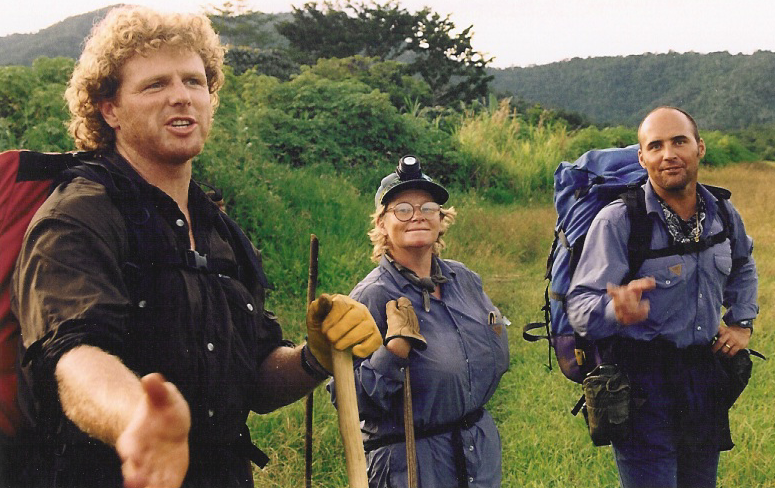The Rise, Fall and Future of Kokoda Tourism
The Kokoda Track (Special Purpose) Authority (KTA) was proclaimed by the Minister for Provincial and Local Level Government Affairs in 2004 to bring some order to a rapid increase in the number of trekkers and to provide a mechanism for local village communities to share in the benefits of the emerging Kokoda tourism industry.
A reassessment of the suitability of having the Department of Provincial and Local Level Government Affairs responsible for a national tourism asset should have been a priority issue for the Australian Government after it assumed responsibility for the management of the Kokoda Trail in 2008.
This led to conflicting responsibilities between the Kokoda Initiative, the Tourism Promotion Authority TPA, the Conservation Environment Protection Authority (CEPA), the Department of Provincial and Local Level Government Affairs (DPLLGA), two Provincial Governments, and numerous Local Government Wards.
Management authority was unofficially shifted from the KTA Board of Directors (which has been defunct since early 2018 due to a lack of Government support) to a ‘Kokoda Initiative Committee’ (KIC) within CEPA.
The DFAT Strategic Management Advisor was appointed Secretary to the committee by the Minister for Conservation Environment and Climate Change. The KIC has effectively increased his influence over the management of the Kokoda Trail since then despite the fact that KIC has no legal authority in this regard.
In 2019 the DFAT Strategic Management Advisor initiated a clandestine plan to legalise CEPAs responsibility for the Kokoda Trail via the development of a new ‘Kokoda Track Management Authority (KTMA) Act.
The proposal to wrest legal control of the Kokoda Trail from DPLLGA by creating a new environment authority would be a significant addition to the Minister’s influence in Government since a new Climate Change Authority was approved in 2014 to add to portfolio.
It would also increase the amount of aid-funds for environment and climate change and provide a career enhancing haven for Australian environment officials.
The proposed Bill was intercepted by the Deputy Chairman of the Tourism Promotion Authority who is well aware of the negative impact it will have on PNGs most popular tourism destination by having it managed as an environment bureaucracy as opposed to a tourism enterprise.
This Chapter provides a detailed response to each section of the proposed Bill.




